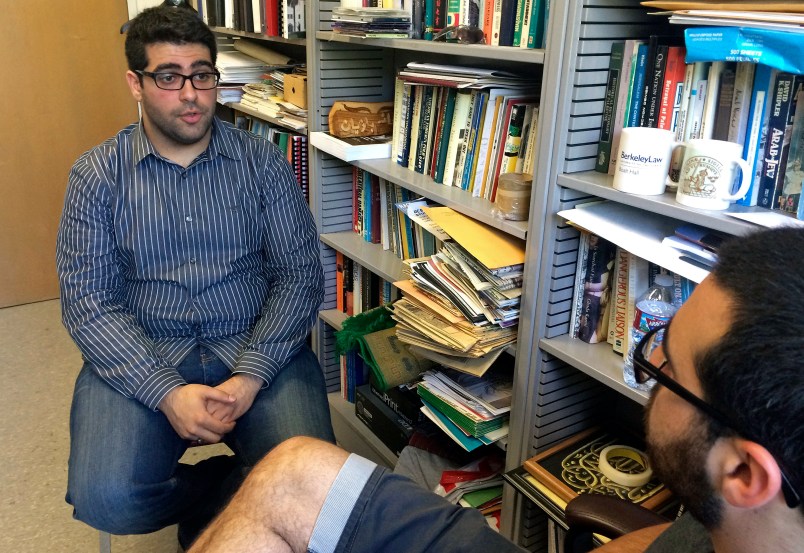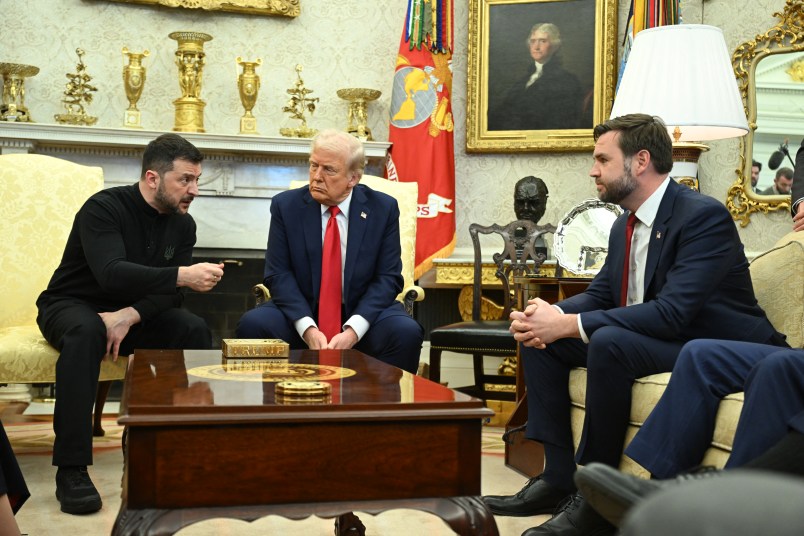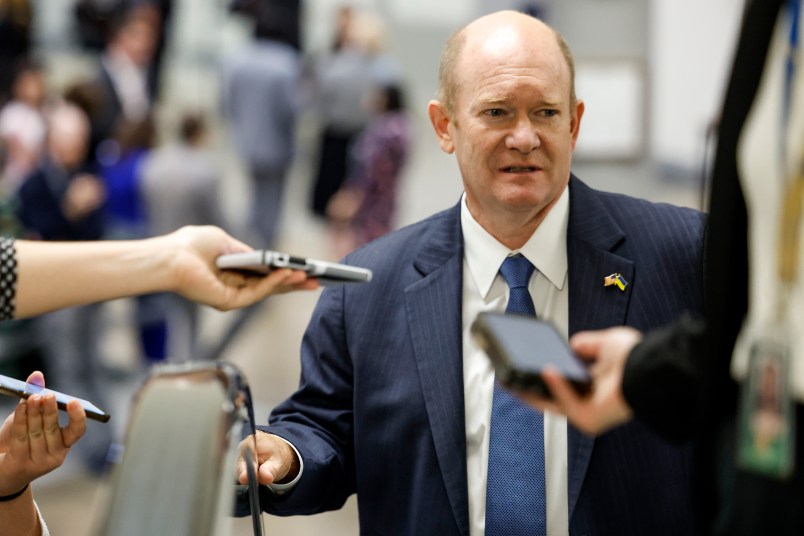LOS ANGELES (AP) — A college student and Iraqi refugee yanked from a Southwest Airlines flight after mentioning a terrorist group’s name during a phone conversation in Arabic says he was degraded and humiliated and wants a public apology.
Khairuldeen Makhzoomi, who arrived in the U.S. in 2010 as an Iraqi refugee, was removed from the April 9 flight from Los Angeles to Oakland, California, after the airline said another Arabic-speaking passenger reported hearing him say something that alarmed her.
The airline said in a statement that it regretted what occurred, but under federal regulations it had no alternative but to remove Makhzoomi.
“To be honest with you, I really was intimidated,” Makhzoomi told The Associated Press on Monday. “It was an overwhelming process. They made me feel as if I were guilty.”
He was released after being interrogated by Los Angeles International Airport police and FBI agents who, according to Makhzoomi, asked him about his thoughts on martyrdom. He said he angrily told them he had no interest in such matters, and they eventually believed him.
“The statement he made was not illegal, there was nothing that involved threats or anything like that, so he was released,” airport police Officer Rob Pendregon said.
The 26-year-old University of California, Berkeley, senior said his troubles began as he was excitedly telling his uncle in Baghdad that he was on his way home after attending a speech by United Nations Secretary General Ban Ki-moon.
He said most of the conversation was mundane, covering subjects like who was there and what the food was like, but at one point he noted someone posed a question about the Islamic State group.
When he noticed a woman in the next row staring at him he told his uncle he’d call back later, adding he ended the conversation with the phrase “inshallah,” meaning “God willing.”
Two minutes later, he said, a Southwest employee approached and told him he’d have to leave the plane.
In the terminal he said the man, accompanied by three police officers, told him he should have known better than to speak in Arabic on an airplane, given how it might rattle people these days.
“I said, ‘I’m sorry, I didn’t mean to do that,’ ” he said he replied.
The FBI was called, he said, after the employee blamed him for delaying the flight and he responded, “No, I think this is what Islamophobia got this country into.”
After being released he was told he couldn’t return home on a Southwest flight and his ticket was refunded.
“We would like the opportunity to speak with Mr. Makhzoomi further about his experience and have reached out to him several times,” the airline said in a statement.
Makhzoomi said he did speak briefly with an airline representative Monday, but he told the woman the only thing he was interested in hearing was a public apology. Southwest did not respond to an email asking if that was a possibility.
Meanwhile, Makhzoomi said he’s been contacted by people who have offered to put him in touch with top-notch lawyers if he wants to sue. Still, he said, all he really wants is the apology.
“I hope I can get that apology because we need to solve this problem,” he said. “But we cannot solve any problem without mentioning what is the problem and that is that Islamophobia is real and it’s been used by many people and it’s time to say enough is enough.”
___
Associated Press Video Journalist Haven Daley reported from Berkeley, California.
Copyright 2016 The Associated Press. All rights reserved. This material may not be published, broadcast, rewritten or redistributed.










Unfortunately, Southwest has staff who are barbarians who enjoy mistreating customers. I know this from personal experience.
Only a lawsuit will change Southwest’s criminally negligent management.
Good luck with that…
In the terminal he said the man, accompanied by three police officers, told him he should have known better than to speak in Arabic on an airplane, given how it might rattle people these days.
President Trump will have the TSA install waterboarding room at airports.
Not sure what to make of this article, but it may suggest another wrinkle in the story…
http://aviationblog.dallasnews.com/2016/04/southwest-airlines-provides-new-details-on-college-student-removed-from-plane-after-speaking-arabic.html/
“Arabic-Speaking Student Kicked Off Flight: ‘They Made Me Feel As If I Were Guilty’”
And this ladies and gentlemen, is how we create terrorists. Make them feel alienated and like they are not wanted and you will create someone who might as well act like you are treating them.